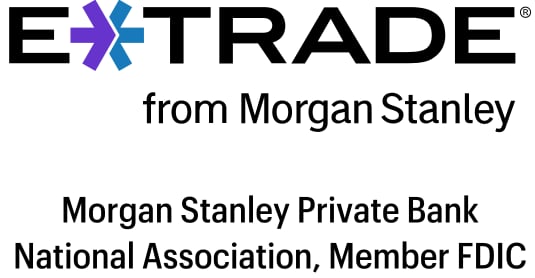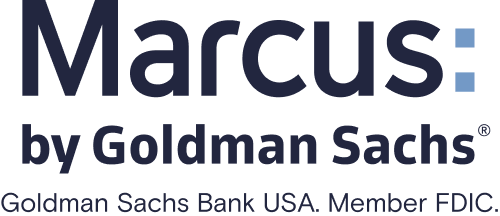Avoiding Cashier’s Check Fraud
If you're suspicious of a check you've received, call the issuing bank. If you're a victim, notify all parties involved and report the crime to the FTC.
Many, or all, of the products featured on this page are from our advertising partners who compensate us when you take certain actions on our website or click to take an action on their website. However, this does not influence our evaluations. Our opinions are our own. Here is a list of our partners and here's how we make money.
Though commonly thought of as more secure than electronic payments or personal checks, cashier’s checks — checks created by and payable by a bank — are not immune to fraud. Security features initially made these checks hard to forge, but nowadays almost anything can be faked.
“There are fraudulent cashier’s checks out there, and just because it’s a cashier’s check doesn’t absolve the consumer” of the responsibility to make sure it’s legitimate, says Cary Whaley, vice president of payments and technology policy for the Independent Community Bankers of America.
Here are some common cashier's check frauds, how to avoid them and what to do if you've found yourself with a phony check.
» Want to get back to basics? Learn what a cashier's check is and how to get one

Member FDIC
Forbright Bank Growth Savings

4.25%
$0

Member FDIC
Axos ONE® Savings

4.66%
$1,500

Member FDIC
Varo Savings Account

5.00%
$0

Member FDIC
E*TRADE Premium Savings

4.00%
$0
Common cashier's check scams
Cashier’s check fraud isn’t a rampant problem. The use of all kinds of checks has declined as online payments have become more secure and accessible to more people. But cashier's check fraud is dangerous partly because it’s not an everyday occurrence: You may not be guarding against it.
Whaley says some common scams still use fraudulent bank checks to swindle people:
lottery wins and surprise inheritances
Victims are told that they’ve somehow won the lottery in a country they’ve never visited, or have received a surprise inheritance.
This scam can be used to trick you into divulging personal information, such as bank account numbers, or into paying back a small portion of the money you have theoretically received in the form of a phony bank or cashier’s check. The payment to you, of course, doesn’t go through.
How to avoid it: “As much as you believe in the kindness of strangers," Whaley says, "you really need to apply the smell test to that.” As the old adage goes, if something sounds too good to be true, it probably is.

The Mystery Shopper
This common bit of trickery often appeals to vulnerable people who are looking for work, especially work-from-home jobs. The culprit will give you a bank check for an initial payment for a job you have yet to start — being a mystery shopper is a common one — and ask you to send back part of the money to activate your account. Once you send the money, you discover that their payment was bogus.
How to avoid it: The Federal Trade Commission recommends you do a quick Google search with the name of the company and the words "complaint," "reviews" or "scam." Don’t wire money or agree to cash a check for a stranger. Never pay to be a mystery shopper.
payments from online buyers
This one is more common than the others, Whaley says. In this scam, you’re selling an item on Craigslist or a similar online site. The buyer pays with a cashier’s check, takes your item and is long gone before you realize the check isn’t good.
How to avoid it: Don’t take a bank check from someone you don’t know. If you must, ask the buyer to go with you to the bank that issued the check. A teller should be able to say if the check is good and the funds are available.
» Find out about other types of fraud with our roundup of the 10 most common scams.
Signs of fraud
Your best defense is to be cautious about accepting a cashier’s check in the first place. But if you have received a check and want to know whether it’s good, Whaley says “the eye test” can tell you a lot. If it’s black and white or looks like it’s been photocopied or printed on a cheap color printer, it’s fraudulent.
“If it’s black and white or looks like it’s been photocopied or printed on a cheap color printer, it’s fraudulent. If a cashier's check has a blank space for the payee, don’t accept it.”
If a cashier's check has a blank space for the payee, don’t accept it. These instruments have to be made out to a specific person or organization when they’re issued, so the payee can’t be filled in later.
How to protect yourself
If you’re suspicious of a check, call the issuing bank to verify that the check is genuine — but don’t call the number printed on the check. If the check itself is phony, that number probably is, too. Instead, look up the contact information for the bank online and use the phone number listed there.
“Call the bank, but look up the contact information online and use the phone number listed there.”
If you must take a check, wait several days after you deposit it before trying to use the funds. Sometimes your bank will make the money available to you even before the check has cleared, so if you spend that money right away, you could be in trouble if the check bounces.
If you’re victimized
If it happens to you, report the crime immediately to the parties involved — the bank where you deposited the check, the one that supposedly issued the check, the operator of the site or service where you met the person who gave you the check — and the Federal Trade Commission. You should also call your state attorney general’s office and the U.S. Postal Service if you received the check through the mail.
If you do decide to accept a check, make sure you’re smart about how you verify it.
» Learn more: Banking terms and definitions








